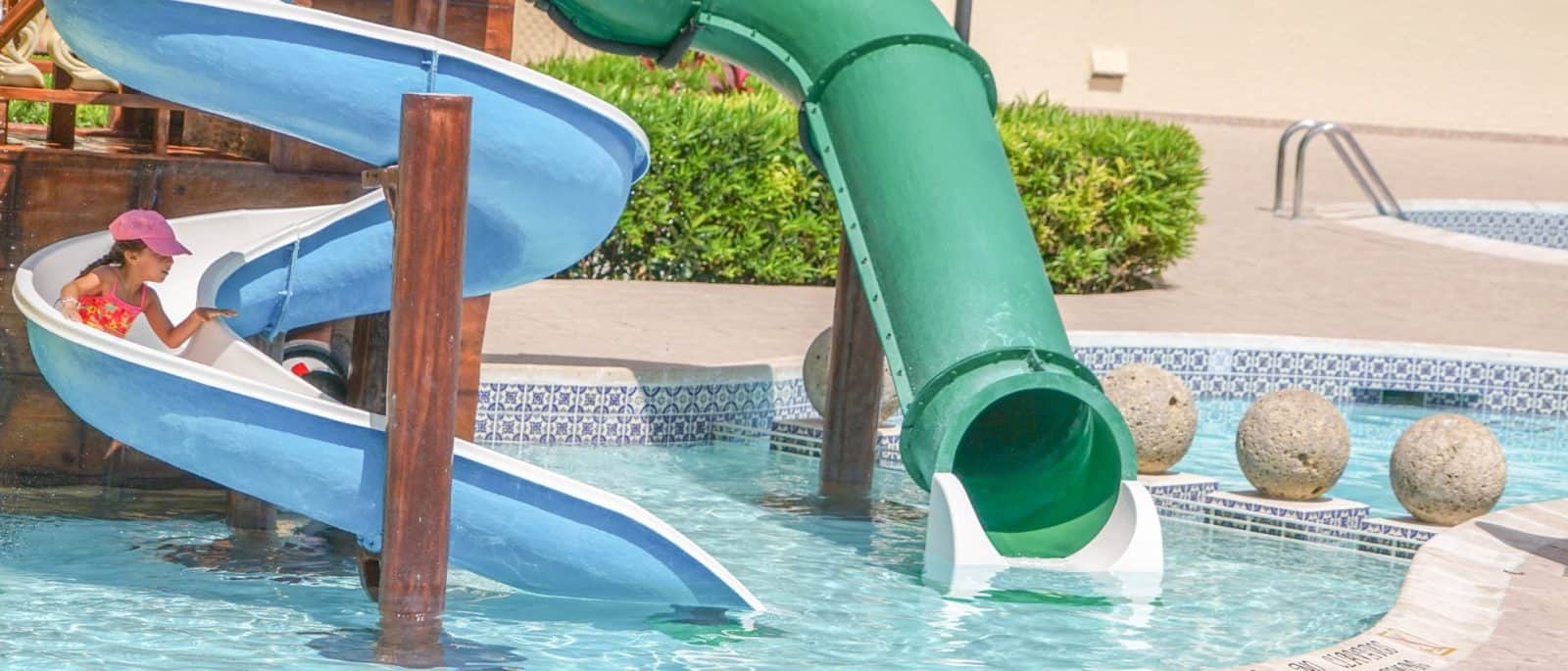School’s Out! School’s Out! Children love this chant and we are about to hear it a lot as we near the end of the school year. After all, summer is a time for sun, fun, and relaxation. In addition to planning vacations, have you (parents and nannies) thought about adding some structured learning?
Summer learning loss, the summer slide, or summer setback is when school-age students return to school in the fall at lower levels of achievement than before the break. The learning loss can be as much as 30% of their previous school-year achievements. Their skills – especially in reading and math – can regress. As a childcare provider or parent, what can you do to minimize the summer slide?
1. Daily Reading.
Reading is an important aspect of learning and the best way to keep up academic achievement. Set a goal to read at least one chapter book a week. Let the children pick out their own books so that they enjoy their time reading but encourage them to read about science, history, and other topics. For beginner readers, encourage them to read to you every night before bed and help them with challenging words. For older children, they should read on their own each day. You should take an interest in their readings by asking questions during dinner about what was read that day.
2. Incorporate math into everyday activities.
Adding math to your conversations requires some thought but once you get into it, the amount of math you can add to your day will surprise you. A young child learning numbers and shapes can read house numbers during a neighborhood walk. Children learning fractions can help with cooking by measuring the ingredients. Older children working with percentages can help figure out a tip at a restaurant or the cost of an item on sale.
3. Structured Playtime.
Help children use their imagination to create stories and plays. Younger children love making up stories and can use old boxes and crafts to create a stage. Older children may enjoy filming themselves in a movie or writing a short story. For older children, a summer project such as building a model airplane, coding a simple video game, or mapping constellations can be fun.
4. Local trips.
Your local community may have some great attractions including parks, parades, fireworks, and museums. Take time to attend some of these community events. A trip to the local historical park helps young children understand their history and how their town evolved. On the 4th of July, talk about the history of how our country was founded and teach them about US flag etiquette. If you visit a museum, encourage the children to read about the exhibits and talk about what they see.
5. Make it fun.
Incorporate learning into whatever activities you do as a family. If you are camping for the weekend, talk about how fire impacts the forest and why it’s important to pick up trash and keep the animals from eating human foods. If you enjoy bicycling, review a book on birds and trees and spend some time on a bike trail learning about how the ecosystem works together with rivers, plants, and animals. A summer thunderstorm creates the perfect opportunity to research and learn about weather phenomena.
On average, a child loses 1-2 months of learning during a summer without instruction. This academic regression can be reduced with some thought and planning while still keeping the summer relaxed and fun. Children in your care can stay active, involved, and learning all summer long. Nannies working with children can learn summer lesson plans to help reduce the summer slide by enrolling in a nanny certification program at the Nanny Institute.


Recent Comments